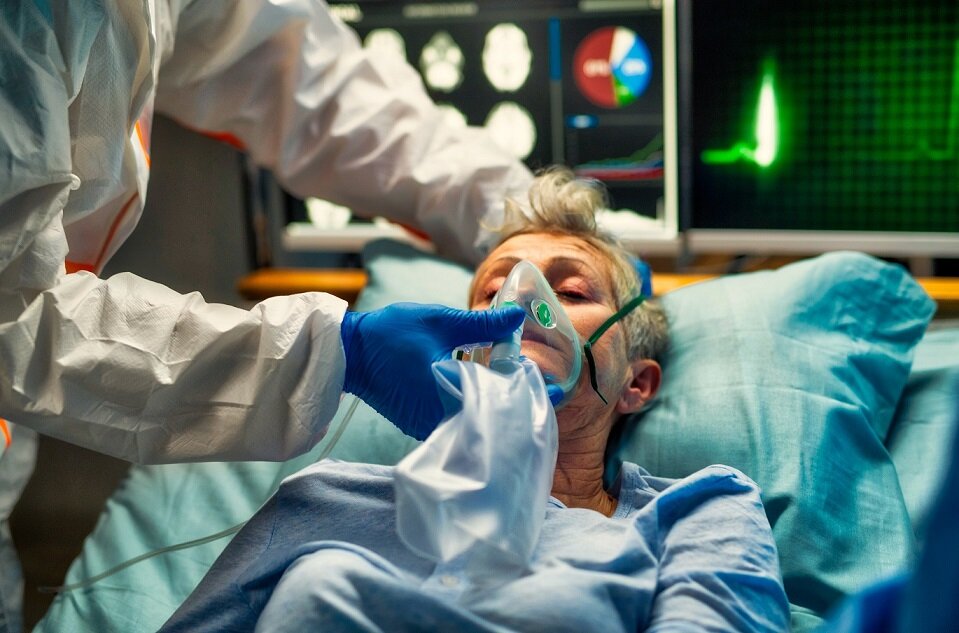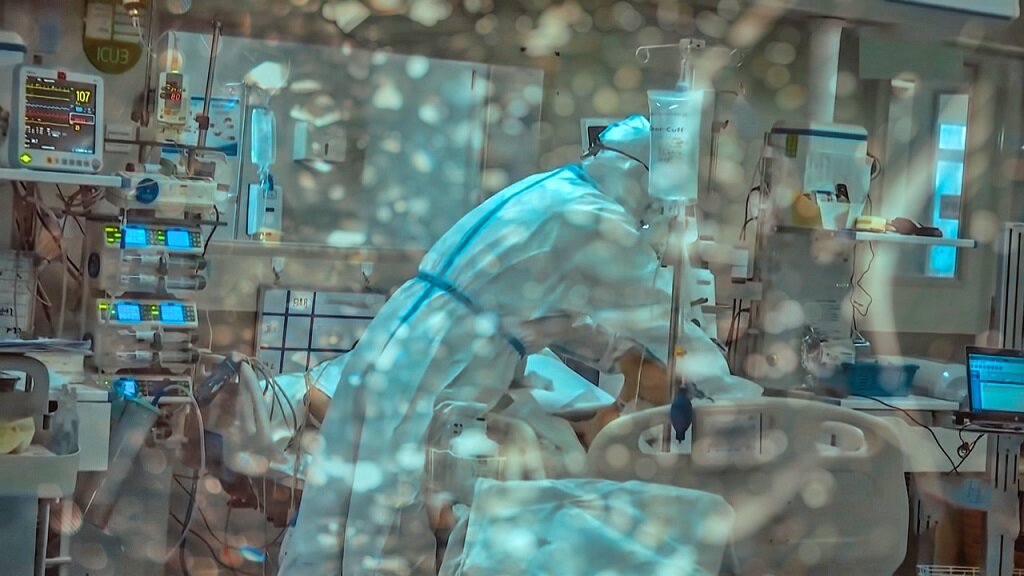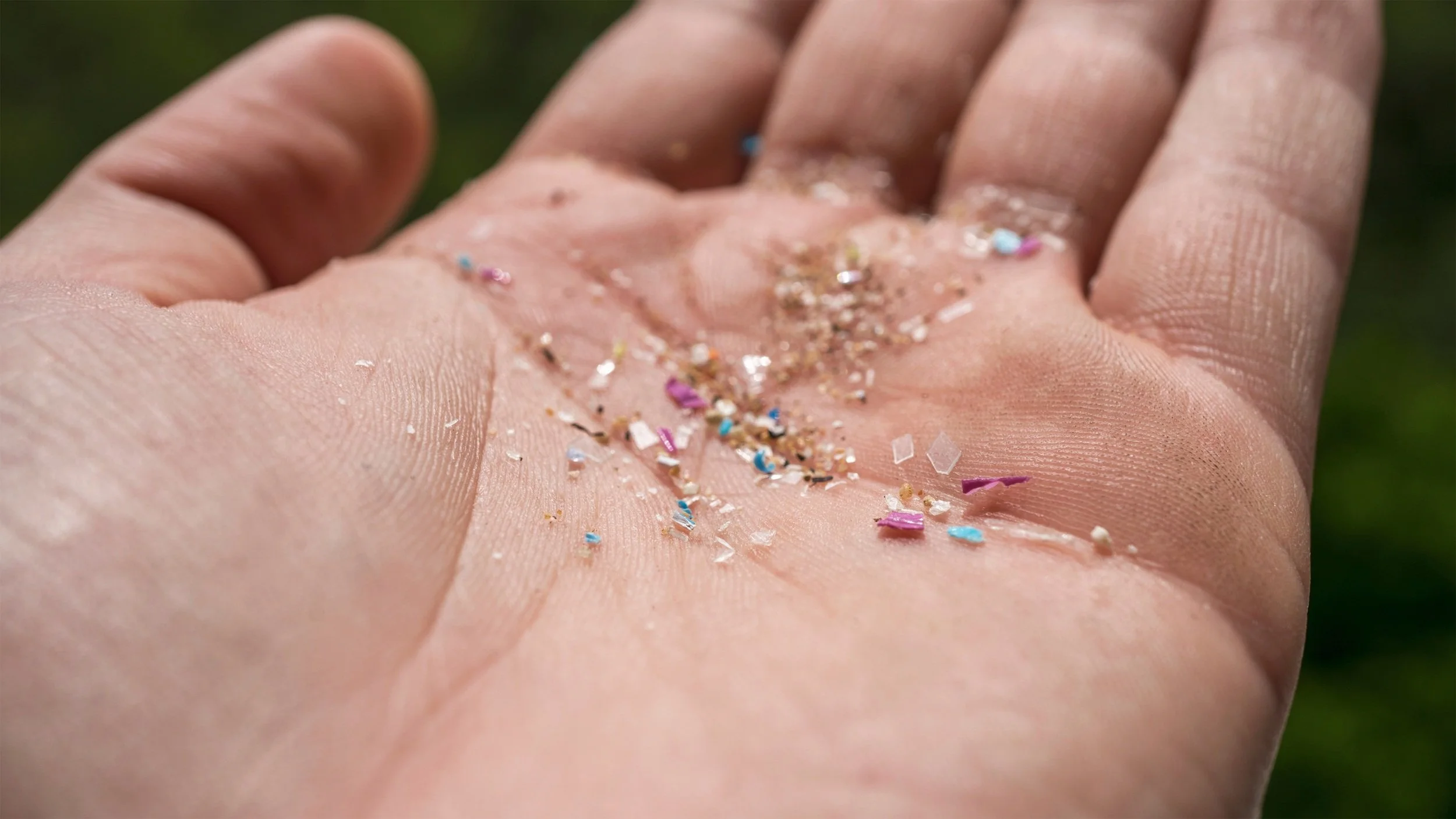Why is it that some people get so sick after contracting the coronavirus that they need to be hospitalized while others aren't even aware that they contracted the virus?
A group of researchers working at Amsterdam UMC think they found the answer while also identifying a more effective medicine to help those that are severely affected by the virus.
Some people are more severely affected by the virus than others - Image Credit: Halfpoint via Shutterstock (stock photo) / HDR tune by Universal-Sci
Why do some people get very sick from the coronavirus while others don't?
More severely affected patients appear to produce a large number of abnormal antibodies that generate an aggressive, harmful inflammatory response.
UMC immunologist Jeroen den Dunnen explains that our immune system produces antibodies during an infection. These antibodies aim to protect you against invading viruses.
For most people, a similar immune response gets instigated during a SARS-CoV-2 (coronavirus). However, in covid patients who become seriously ill, antibody production is derailed. These patients not only produce a lot of antibodies but also antibodies with deviant structures. This creates an extreme inflammatory response in their lungs.
Menno de Winter, an expert in the field of immune cells, adds that the antibodies produced in our body are Y-shaped. The upper part of these antibodies binds to the virus, while the lower part binds with immune cells in our lungs and activates them.
It is known that the tail of these antibodies is different in patients that get seriously ill after a coronavirus infection. It has completely different compounds that activate the immune cells in the lungs too strongly. This over-activation results in a cytokine storm.
Den Dunnen mentioned that the immune system runs wild and produces too many inflammatory proteins. The inflammatory response that was intended to attack the virus is now also affecting its own tissues. In addition, the blood vessels become leaky, and the lungs fill with fluid. On top of that, platelets start to clump together, creating blood clots everywhere. At this point, admission to the ICU is often inevitable. The ultimate prognosis for this category of patients is not very good.
A percentage of people ends up in intensive care units - Image Credit: shutter_o via Shutterstock / HDR tune by Universal-Sci
Treatment for COVID patients with violent immune responses
To counteract the severe consequences of a corona infection, it is not so much antiviral drugs that are needed but drugs that suppress the immune response. In Amsterdam, critically ill patients are therefore currently already receiving drugs like dexamethasone and tocilizumab.
According to Den Dunnen: These drugs do have some effect, but the major disadvantage is that they shut down the entire immune system, and you don't want that. A functional immune response is still indispensable.
Thanks to their extensive knowledge of the immune system, the researchers were able to select drugs that specifically inhibit the inflammatory response by the irregular antibodies but at the same time leave the rest of the immune system intact.
The drug that was studied, fostamatinib, prevents the immune cells in the lungs from reacting to the irregular antibodies while still reacting to the virus. This characteristic makes this particular drug a promising candidate for the treatment of critically ill covid patients, according to Den Dunnen.
Future studies into effective drugs for hospitalized COVID patients
Research into effective treatment for severely affected COVID patients using this drug is still in its infancy. However, due to the fact that it has already been registered for other purposes disease, it does not have to go through a variety of additional steps before it can be used on real-life patients.
De Winter stated that there are already some results available from an initial study in which the drug has been tested on 59 patients. The group of 30 patients that received the drug showed fewer deaths. Additionally, there were fewer reported side effects, and these patients also recovered faster than the 29 patients that received placebos.
Scientists have instigated a large follow-up study in over forty hospitals on the basis of these promising results. This bulkier study should show whether this drug is suitable for the treatment of seriously ill covid patients.
The researchers also aim to start testing more types of drugs in cooperation with the Amsterdam Institute for Infection and Immunity. They have previously received a subsidy from the Dutch organization for health research and healthcare innovation (ZonMw) for precisely this purpose, providing them with the ideal circumstances for a flying start. The ultimate goal is to find drugs that work as well as the previously mentioned fostamatinib, if not better.
Further reading:
(Banner image credit: Hans Engbers via Shutterstock / HDR tune by Universal-Sci)
If you enjoy our selection of content, consider subscribing to our newsletter
FEATURED ARTICLES:











